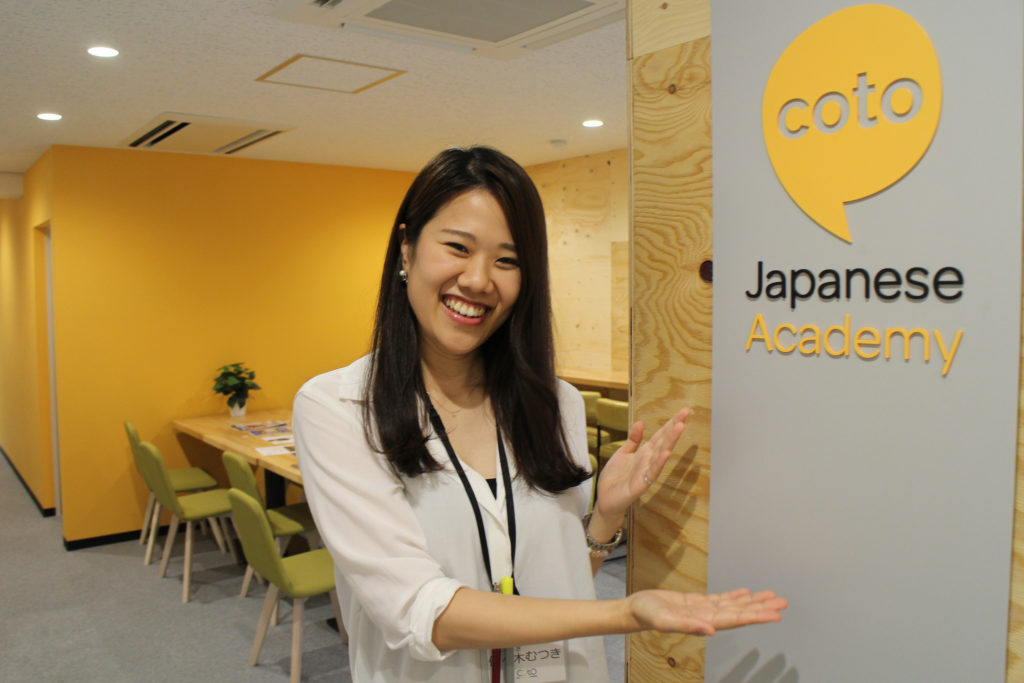May 26, 2021
What’s It Like to Be a Foreigner Living in Japan?
Even if you’ve visited Japan as a tourist before, you may not be prepared for what it’s like to live in the country as a foreigner. Some experiences may be difficult — even stressful at times. Having said that, if you strive to learn the language as best you can and immerse yourself in the culture (by making friends and picking up hobbies), you may be pleasantly surprised. The first step, though, is knowing what to expect.
Feeling Like an Outsider
Usually, one of the first things a foreigner will tell you about living in Japan is the sense of being an outsider. You can live in the country for decades and still be seen as a foreigner, simply due to your appearance. The good news is that as more people move to Japan from other countries, this is becoming less pronounced in many places.
Different Standards
Learning as much as possible about cultural etiquette is important — not just to fit in but to show respect to those around you. If you’ll be in a new situation, do your research. The good news is that Japanese people will not hold you to the same standards. They’ll understand that you’re not fluent in the culture and will forgive minor mistakes, meaning there’s no need to panic if you make a misstep.
Language Requirements
Depending on where you live in Japan, you may find you can manage quite easily with English alone. However, you’ll most likely be restricted to teaching English as almost all other jobs require a high proficiency in Japanese. If you are able to reach this level, you’ll find a large number of opportunities open up to you.
High Prices
You’re likely aware that Japan can be an expensive country. Even so, some items may give you sticker shock. A couple of examples are gym prices (at least US$80 a month) and fruit. Other than bananas, fruit tends to be extremely expensive — you may need to pay as much as US$200 for a single melon.
Paying Key Money
Another expense you may not expect is key money. This is the amount you need to give your landlord when you rent an apartment. It tends to be between one and three months’ rent, but it can be as much as six months’ rent. Although key money is a common practice, some places don’t require it, especially apartments targeted at foreigners.
Mountains of Paperwork
Japan is a bureaucratic country, and many seemingly simple processes require a large amount of paperwork. For instance, to buy a car, you’ll need to gain the proper permits and acquire a parking spot from your landlord. If you decide to move to a different apartment, you’ll need to obtain a moving-out certificate.
No two foreigners have quite the same experiences living in Japan. You may find the transition relatively easy — or you could struggle with extreme culture shock, particularly at the beginning. Whatever the case, it’s useful to be prepared for some of the challenges you may face.
Cotoacademy, CC BY-SA 4.0, via Wikimedia Commons


About the author